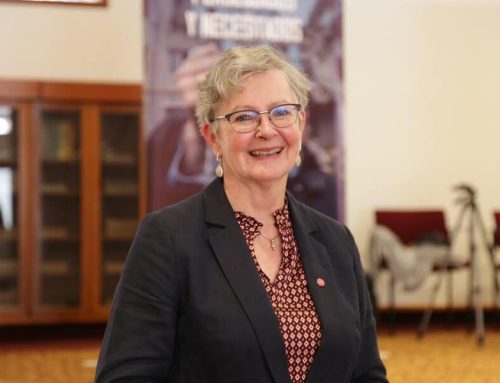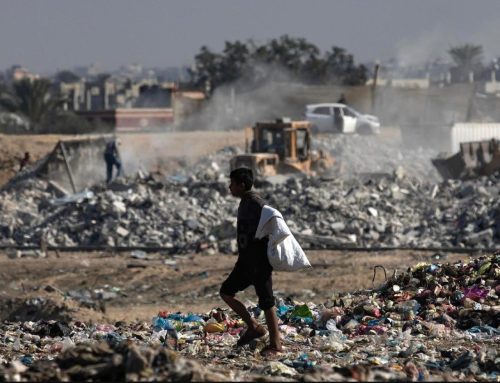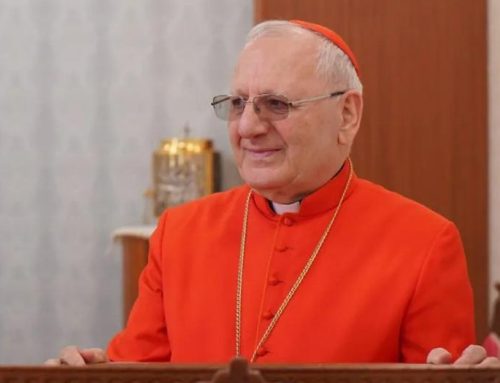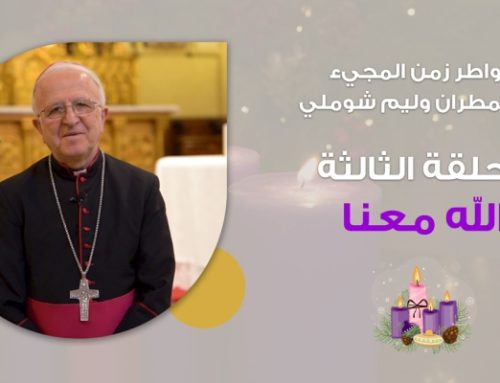With these new additions, the total number of churches and religious buildings that have achieved legalized status under Law No. 80 of 2016 now stands at 3,453, reflecting substantial progress since the establishment of the main committee overseeing the law’s implementation.
In a landmark decision underscoring Egypt’s commitment to religious tolerance, the Egyptian Cabinet has approved the legal status of 293 churches and affiliated service buildings. This recent move, approved in a Cabinet session on October 21 led by Prime Minister Dr. Mostafa Madbouly, advances Egypt’s vision for religious inclusivity under its «New Republic» framework.
With these new additions, the total number of churches and religious buildings that have achieved legalized status under Law No. 80 of 2016 now stands at 3,453, reflecting substantial progress since the establishment of the main committee overseeing the law’s implementation. Article 8 of the law, which governs church construction and renovation across Egypt, outlines rigorous safety and legal standards, ensuring that places of worship meet national regulations.
A structured approach to religious diversity
The government’s dedication to legalizing religious establishments marks a broader push for stability and cohesion. By adapting these institutions to meet specific standards, Egypt is fostering an environment of respect and inclusion. The ongoing effort illustrates an intention not just to regularize religious buildings, but to integrate diverse religious practices within a secure and legally supported framework.
«This initiative aligns closely with Egypt’s commitment to fostering a peaceful coexistence between various religious communities,» reported EgyptToday. Regularized places of worship reflect Egypt’s determination to ensure that people of all faiths can worship freely and safely, a principle central to the ethos of the “New Republic.”
A step toward freedom of worship
In recent years, Egypt has made strides in reinforcing religious freedom, receiving and addressing petitions from multiple denominations seeking the legal status needed to operate openly and securely. Each approval, including this latest wave of 293 churches, highlights a transparent and inclusive approach to religious governance that benefits diverse communities.
Prime Minister Madbouly’s Cabinet approvals signify not just administrative progress but a vision of a society where religious institutions are viewed as pillars of community harmony. By weaving religious freedom into the country’s broader narrative of reform, Egypt is making strides toward a society rooted in mutual respect and legal clarity, where religious diversity is not merely accepted but actively supported.
This development sets a precedent for other nations in the region, showcasing Egypt’s commitment to both the rule of law and to fostering a balanced, inclusive society.






